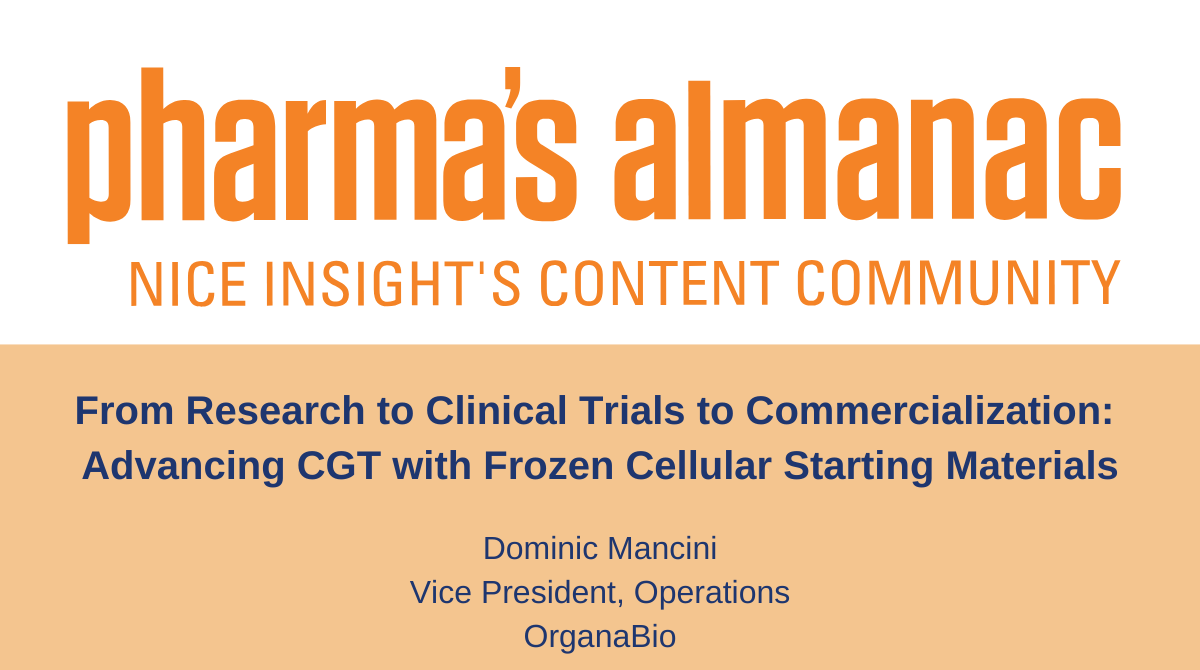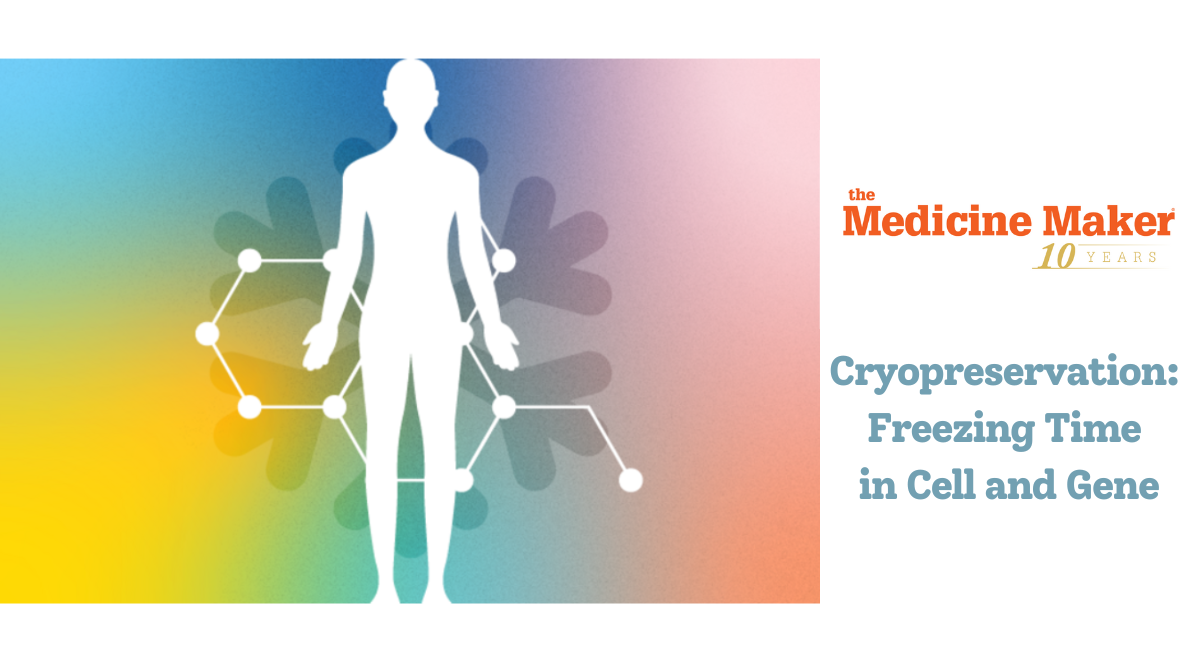As the cell and gene therapy (CGT) pipeline continues to grow, clinical trial sites need to use better technology and increase their capacity to run more complex trials. Some sites do not have the funds to invest in services such as cryopreservation that are needed for a number of CGT trials, resulting in sponsors and biotechs avoiding these sites. OrganaBio is a company attempting to change that. The Miami-based organisation is working with a number of sponsors and biotechs to decentralise this process in sites across Florida. Clinical Trials Arena interviewed Priya Baraniak, Ph.D. on how OrganaBio is decentralizing cryopreservation to improve cell and gene therapy trial logistics and allow sponsors to pick sites that may lack facilities but can enroll a better patient population.
How is cryopreservation for clinical trials currently done and why is it needed for the CGT sector?
The typical model in the industry has been that the contract research organisation (CRO), the hospital, or the translational centre will have a unit to collect samples. This will mean blood, or in the case of autologous cell therapies, the leukopak or the apheresis product—the peripheral blood from the patient. This then gets shipped to a central lab or processing facility that could be hundreds or thousands of miles away.
The material then has to clear TSA, get on an airplane, and then be handed back to a courier to deliver to the manufacturing facility, all while maintaining chain of custody, and documentation in a timely fashion.
There are so many nodes of failure with that, including the risk of loss of clinical samples. If there is a terminal cancer patient who has gone through a very strenuous apheresis process, which can’t be repeated, and if that material is lost, this could be a question of life or death and you cannot afford that risk.
The other piece is that it usually takes at least 18–24 hours for the transport and logistics. Immune cells and blood go through a lot of changes in that time leading to loss of viability, functional changes and phenotype changes.
In the context of trial samples, these issues could confound the data because it’s not truly indicative of what was happening in that person’s body at the time of the draw. As a result, it adds a lot of variability and gives less confidence in that data.
How would decentralising this process work on a national scale and how will it benefit clinical trial sites?
Everything depends on the context of the type of trial. The first issue is the time element, the sooner you can process the sample, the better. The second is the “nodes of risk”, so if you can reduce the number of people and steps involved, you can reduce the risk of something getting lost in transit.
At OrganaBio, we have considered things such as not having to put the sample on an airplane if possible, by keeping it within a drivable distance, or we’ve looked at Amtrak (train) schedules in some locations. We’ve done a lot of work on looking at the logistics of getting with a human courier from point A to point B while minimising that risk and transport time.
We have also looked at the current landscape of clinical trial epicentres in the US and whether these sites have the capability for cell isolation and cryopreservation.
A lot of the time they don’t have the capability and for those that do, many don’t have the capacity, and this will worsen as CGTs move into commercial scale. Sponsors are having to avoid good clinical sites in a great c area, which could be transformative for these clinical trials and drug products, because of lack of capability with cryopreservation.
As a result, OrganaBio has identified several regions within the US that are very attractive clinical trial locations where pharma is conducting CGT trials, but where there is a black hole when it comes to the cell isolation and cryopreservation. Then we have overlaid that with drive times, train and flight schedules, to look at how we would geolocate this network of distributed sites across the US to not only service these epicentres, but also have redundancy.
Take Chicago, Detroit, Nashville and Memphis for example. That whole region is attractive but there’s not a lot there in terms of cryopreservation and cell isolation capabilities. If you have a day when a hospital that can process some samples in Chicago sees more patients than anticipated, the site becomes over capacity. Detroit or Nashville are still close enough by plane, train or car and you could divert samples to a secondary location to be processed. That way, when it comes to this life or death scenario, you’re not left in a position where a site has apheresed this patient, but we don’t have the capacity to process the sample.
What doors does this open for the pharmaceutical industry to advance CGT trials?
This is a very urgent need for the industry. There is a critical gap that’s holding clinical trials back from progressing as rapidly as they could as well as adding risk and cost.
This approach allows sponsors to choose more clinical sites. If sponsors can contract a company who has co-located cell processing and isolation capabilities, it doesn’t limit site selection. It also adds confidence with data integrity, because you don’t have long dwell times. It means that sponsors do not have to be a flight coordinators, and can instead focus their efforts on the real value part of trials.
The number of clinical trials in the CGT sector is set to explode in the next two to five years so the capacity that’s going to be needed for this is going to be orders of magnitude above what we’re seeing today. This is already a critical bottleneck. We have to be thinking ahead of the curve here, or we’ll be left behind and it’ll just lead to really good science not getting to patients as quickly as it could and should.






